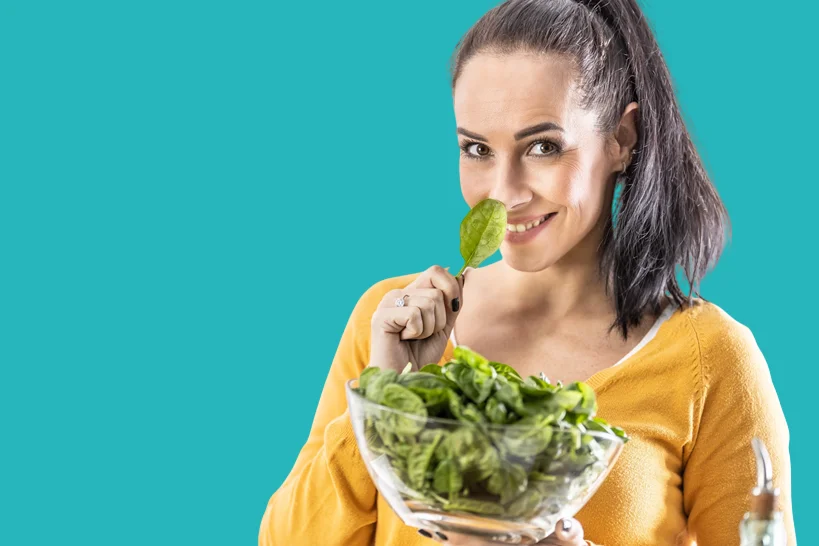Constipation is one of the most common digestive disorders, causing bloating, pain, and difficulty in defecation, as bowel movements become slow.
This is where vegetables become important in treating and preventing constipation, as they contain plant fiber, a high percentage of water, and elements that stimulate the digestive system.
What is constipation
Constipation is a condition characterized by a reduced frequency of bowel movements, accompanied by difficulty and pain during defecation. It can be chronic or temporary, resulting from changes in diet, insufficient water intake, or other medical conditions.
How do vegetables help treat constipation
Vegetables help treat constipation and stimulate bowel movements thanks to their high fiber and water content, which increases stool volume and speeds up its passage through the colon.
Vegetables also form a gel-like substance that softens stool, moisturizes the intestines, and provides the digestive system with important nutrients.
First: Spinach to Reduce Digestive Cramps

It is preferable to eat spinach fresh or steamed, as it:
- Softens stool.
- Relaxes digestive muscles.
- Stimulates bowel movements and facilitates defecation.
- Cleanses the intestines and supports the growth of beneficial bacteria.
Second: Lettuce to Soothe the Colon
Lettuce is a vegetable that treats constipation. It can be eaten fresh with salad or between meals. Its benefits include:
- Reducing colon bloating.
- Moisturizing the intestines and softening stools.
- Regulating bowel movements and reducing constipation.
Third: Zucchini to Treat Chronic Constipation
Zucchini can be eaten cooked or grilled to preserve its nutritional value, which helps:
- Reducing bloating and cramps.
- Regulating colon movements and improving digestion.
- Suitable for irritable bowel syndrome patients due to its easy digestion.
Fourth: Beets to Stimulate Digestive System Motility
They can be eaten boiled or in natural juice. Beets are considered one of the best vegetables for treating constipation because they:
- Soften stool and facilitate its passage.
- Contribute to colon cleansing.
- Stimulate bowel movements and facilitate defecation.
Fifth: Carrots to Prevent Constipation

To reap the benefits of carrots, it's best to consume them as juice or in a salad. They are a vegetable that treats constipation and also:
- Regulates bowel movements.
- Improves digestion.
- Supports digestive system health.
Tips for Eating Vegetables to Treat Constipation
To get the maximum benefits from vegetables that treat constipation, it's recommended to eat them fresh or cooked properly to maintain their fiber and water content.
It's best to eat them daily, with a variety of vegetables and combine them with main meals, to avoid constipation, regulate bowel movements, and maintain digestive system health.
What vegetables should be avoided in cases of constipation
Although most vegetables are beneficial for treating constipation, there are others that exacerbate constipation symptoms and are best avoided, such as:
- Cabbage.
- Legumes.
- Hot peppers.
- Onions and garlic.
- French fries.
Article Summary
Constipation is a common digestive disorder affecting many people and can be easily treated and prevented by eating vegetables rich in fiber and water.
It is essential to eat vegetables to treat chronic or temporary constipation, improve bowel movements, soften stools, and facilitate defecation. In addition to drinking water and engaging in physical activity, it is also important to eat a balanced diet.